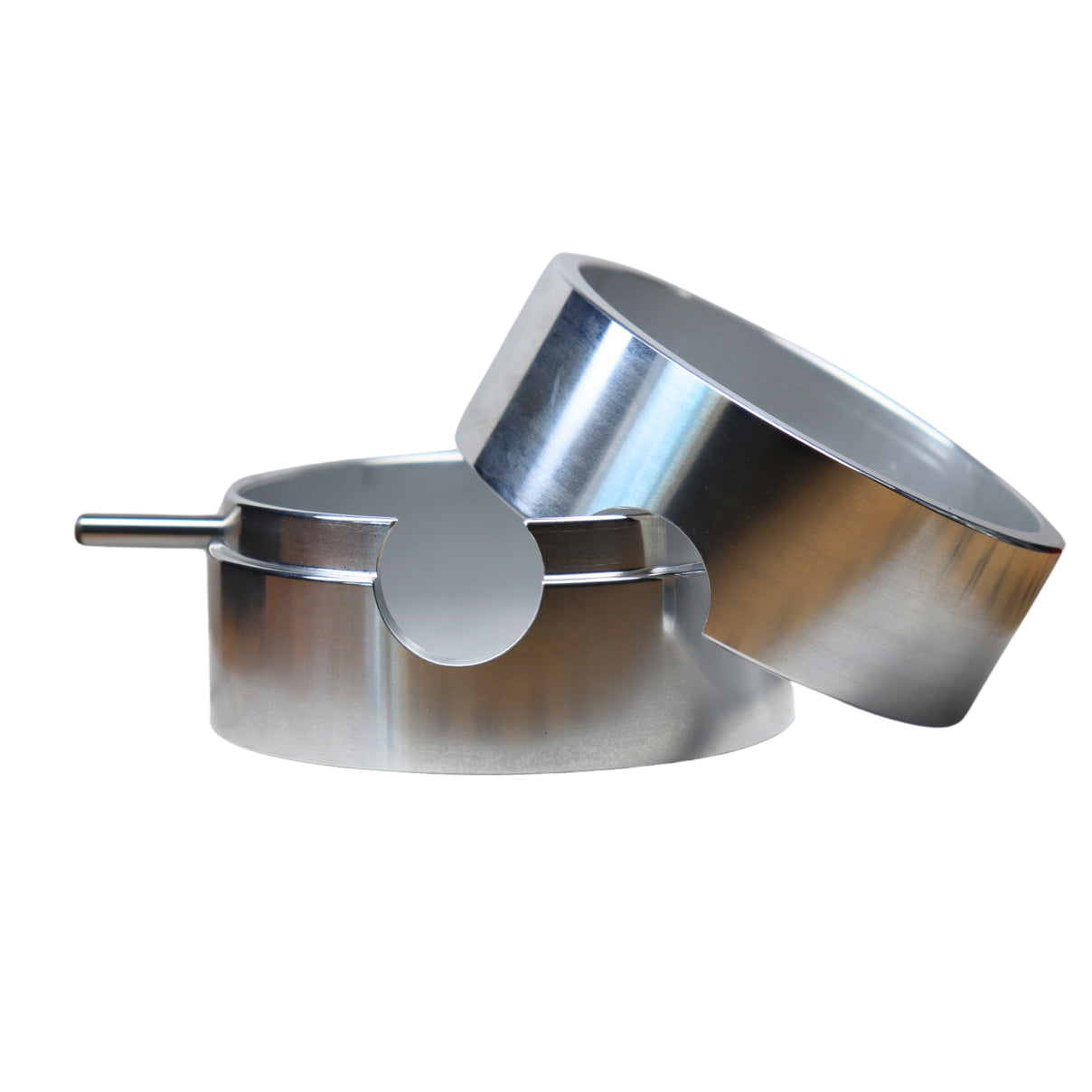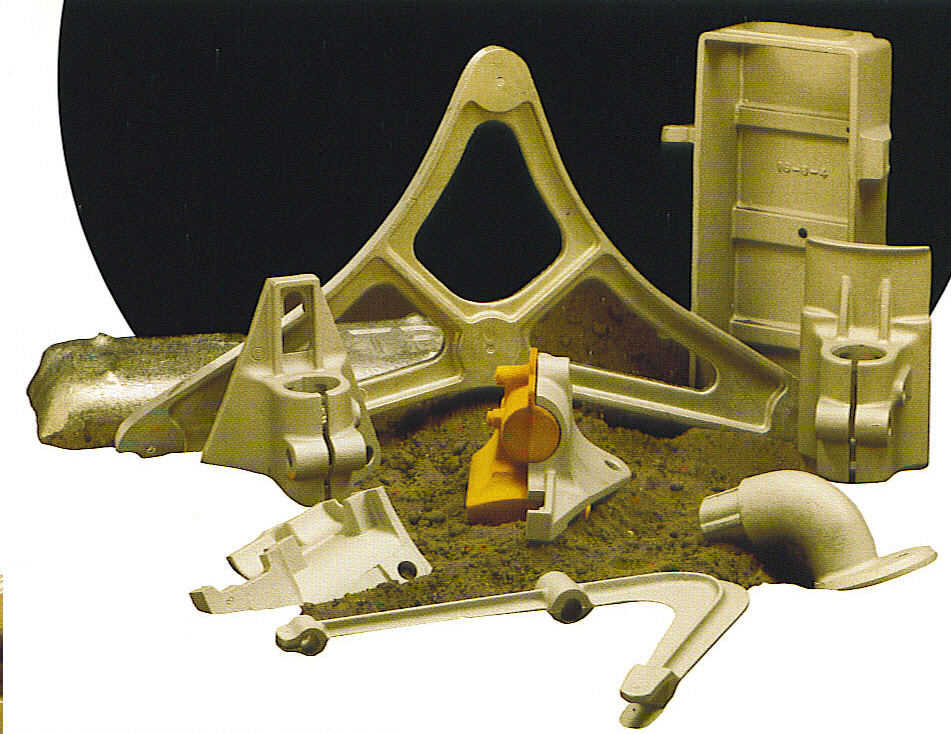Ideal Practices for Upkeep and Applications in the Light Weight Aluminum Shop Industry: A Comprehensive Overview
Maintaining equipment in the aluminum foundry market is crucial for operational success. Routine evaluations and anticipating maintenance can considerably decrease downtime and boost safety. Advanced innovations, such as IoT and information analytics, play a critical duty in this procedure. However, understanding the full range of best methods calls for a closer examination of particular strategies and their effect on effectiveness. What are the crucial components that contribute to a dependable maintenance structure?
Value of Routine Maintenance in Aluminum Foundries
Regular upkeep plays a necessary role in the effective procedure of aluminum shops. By methodically servicing and examining tools, shops assure peak efficiency and durability of equipment. Routine upkeep activities, such as cleansing, component, and lubrication replacement, aid stop unforeseen failures that can cause costly downtime.
Routine checks enhance workplace safety by identifying possible hazards before they escalate right into major problems. Devices that is properly maintained operates better, resulting in enhanced product quality and reduced waste. Furthermore, adherence to a structured upkeep routine can support conformity with sector regulations, consequently promoting a track record for reliability and top quality within the market.
Applying Predictive Maintenance Techniques
Predictive upkeep strategies take the principles of routine upkeep an action further by leveraging data analytics and advanced surveillance technologies. In aluminum shops, these methods make it possible for drivers to expect tools failures before they occur, thereby reducing unplanned downtimes and optimizing functional efficiency. By making use of sensors and IoT tools, real-time information can be gathered on device efficiency, permitting the recognition of prospective concerns via predictive analytics.
Enhancing Melting and Putting Processes
Reliable melting and putting procedures are vital for maximizing efficiency and assuring the quality of aluminum spreadings. To boost these procedures, shops need to concentrate on precise temperature level control throughout melting, as this directly impacts the metallurgical buildings of the alloy. Utilizing sophisticated melting innovations, such as induction and resistance melting, can boost energy performance and minimize cycle times.
Executing automated pouring systems decreases human error and keeps consistency in the pouring procedure. Appropriate mold prep work, consisting of sufficient preheating, is essential to avoid thermal shock and boost mold long life.

Enhancing Safety Methods in Factory Operations
Focusing on safety and security in aluminum factory operations is vital for protecting workers and ensuring an effective setting. Effective safety and security protocols include normal training sessions that highlight the significance of personal safety devices (PPE), such as goggles, handwear covers, and safety helmets. Furthermore, the facility of clear emergency situation treatments is necessary in taking care of potential crashes.
Normal examinations of equipment and machinery aid recognize risks prior to they rise right into significant issues. Executing a robust coverage system urges employees to interact security issues without concern of repercussion. Promoting a society of security warranties that every worker recognizes their role in keeping a safe and secure workplace.
Additionally, assuring correct air flow and tracking air high quality can minimize direct exposure to hazardous fumes and dirt. By reinforcing these techniques, aluminum shops can greatly decrease the danger of mishaps and produce an environment where workers feel valued and risk-free, ultimately improving general operational efficiency.
Leveraging Modern Technology for Improved Effectiveness
Utilizing advanced technology has become progressively crucial for aluminum factories aiming to enhance operational effectiveness. Automation and robotics play a crucial function in enhancing production processes, decreasing labor expenses, and lessening human error. Carrying out real-time monitoring systems allows for the constant evaluation of tools efficiency, enabling aggressive upkeep and lowering downtime.
The assimilation of data analytics offers important insights into operational process, helping with better decision-making and resource allotment. As an example, anticipating analytics can recognize possible failures before they happen, additional maximizing upkeep schedules.
Additionally, taking on sophisticated melting and spreading modern technologies enhances energy efficiency and material return, which are fundamental for sustainability in the sector. By accepting these technological innovations, light weight aluminum factories can not only boost performance yet likewise preserve an one-upmanship in an increasingly requiring market (Aluminum Casting). Ultimately, leveraging technology is critical in driving development and enhancing general operational effectiveness within the field

Often Asked Inquiries
What Prevail Signs of Devices Use in Aluminum Foundries?
Typical indicators of equipment wear in light weight aluminum shops include unusual noises, lowered efficiency, boosted resonance, overheating components, leakages, and visible rust. These indications usually aluminum foundry signify the need for maintenance or potential replacement to prevent pricey downtime.
Just How Can I Train Personnel for Effective Upkeep Practices?
To train team for effective maintenance techniques, one can apply hands-on workshops, create extensive guidebooks, encourage mentorship programs, and carry out routine analyses to evaluate skills and knowledge, ensuring all workers comprehend upkeep protocols thoroughly.
What Are the Environmental Regulations for Aluminum Foundries?
Aluminum factories are subject to various environmental regulations, including emissions control, waste monitoring, and resource conservation. Conformity warranties marginal ecological impact, promoting sustainability while adhering to local, national, and international environmental standards and policies.
Exactly How Do Factories Take Care Of Waste and Recycling of Light weight aluminum?
Foundries manage waste and recycling by executing systems for gathering scrap aluminum, using innovative splitting up modern technologies, and teaming up with reusing centers to ensure effective healing procedures, therefore decreasing environmental impact and advertising sustainability within the sector.
What Are the Costs Connected With Carrying Out Advanced Technologies?
Carrying out innovative innovations in foundries sustains significant expenses, including initial financial investment, training, and upkeep expenditures. Nevertheless, the long-term advantages, such as boosted effectiveness and decreased waste, typically validate these expenditures, bring about boosted profitability.
Routine upkeep plays a crucial function in the efficient procedure of light weight aluminum foundries. In light weight aluminum foundries, these techniques make it possible for operators to prepare for devices failings prior to they occur, therefore lowering unplanned downtimes and enhancing functional performance. Using advanced technology has actually become progressively important for light weight aluminum foundries intending to boost operational effectiveness. Common indications of equipment wear in light weight aluminum factories consist of uncommon noises, lowered efficiency, increased vibration, overheating elements, leaks, and visible rust. Applying advanced innovations in factories sustains considerable prices, including first financial investment, training, and maintenance expenditures.